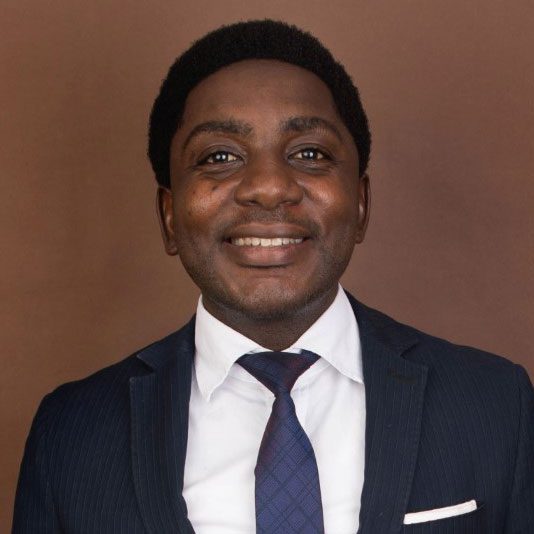Press Releases
No Federal Funding for Unelected Local Government Councils in Nigeria -By Sesugh Akume
The people will henceforth be in a position to democratically express their wishes through the ballot in a regular and predictable manner, no longer at the mercy, whims and caprices of governors. The local governments will also always have their legislative bodies in place to carry out legislative functions at that tier of government.

Today, my lawyers filed a lawsuit at Federal High Court, Makurdi, the matter of Sesugh Akume v Minister of Finance, Budget and National Planning & 6 Others, with suit number FHC/MKD/CS/54/2020, which seeks the court to, among other things, immediately stop the federal government — through the Federal Accounts Allocation Committee (FAAC) and its chairman, the minister of finance, budget and national planning; et al — from sending monthly federal account allocations to local governments that are not democratically elected.
Also, to mandate anticorruption and security agencies: the Nigeria Financial Intelligence Unit (NFIU), Economic and Financial Crimes Commission (EFCC), and the Independent Corrupt Practices (and Other Related Offences) Commission (ICPC) to ensure compliance with the order, and consequences for defaulting.
The Constitution created the local government system to be run exclusively by elected councils, anything outside of this is strange to the Constitution, and illegal. However, state governors usually deem them to be extensions of their respective Government Houses, and in connivance with the Houses of Assembly, appoint caretaker/transition administrations (or how ever called) who usually are their stooges, cronies, and surrogates, a clear violation, subverting the democratic process.
The federal government on its part encourages, entrenches, and incentivises this abnormality by funding these illegal, appointed caretaker administrations, unknown to the Constitution, through monthly federal allocations, and other financial support.
These factors put together are key contributors to the dysfunction and virtual nonexistence of the local government system in Nigeria. This is odd and rather retrogressive as this tier of government is closest to the people, and therefore the most important and ought not be toyed with.
It would be recalled that earlier in the year, in a letter dated 23 January, and received on the same day, I had urged the attorney-general of the federation to use his good offices to end this travesty of the federal government aiding and abetting illegal caretaker administrations in the country by funding them monthly. Considering that no action whatsoever has been taken in that regard for 29 weeks, and none in view, I am constrained to take up this action as a private citizen.
This lawsuit, if successful, will in effect end caretaker administrations in Nigeria permanently. The people will henceforth be in a position to democratically express their wishes through the ballot in a regular and predictable manner, no longer at the mercy, whims and caprices of governors. The local governments will also always have their legislative bodies in place to carry out legislative functions at that tier of government.
The democratic culture has to be entrenched at the grassroots beginning with the local government system.
This brings it to a total of 5 lawsuits filed this year towards a functional local government system in Nigeria.










